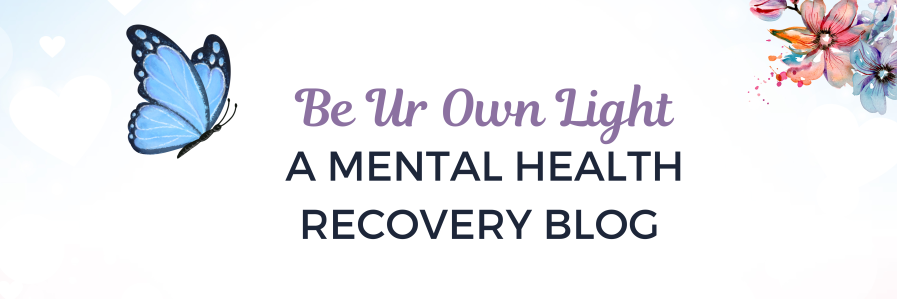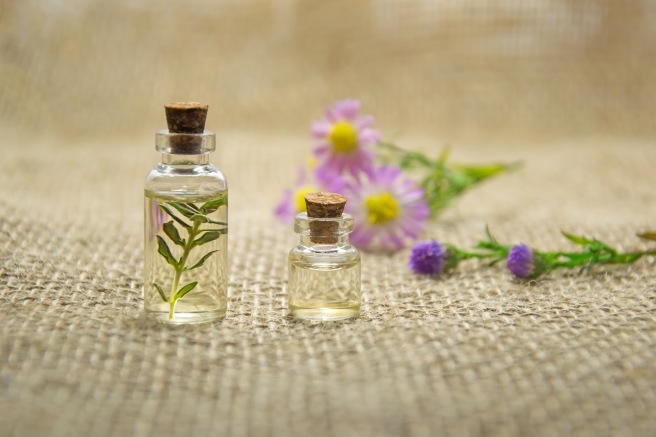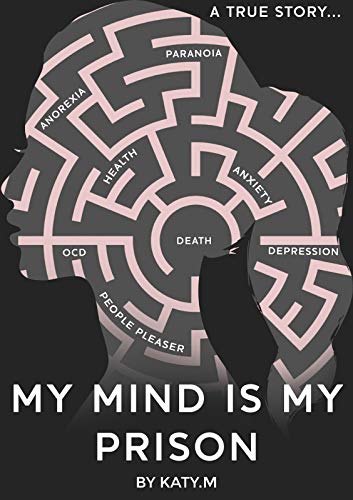
(Image: Pinterest)
Therapy is the first line option that most people choose when they are dealing with a mental health issue. While therapy is undeniably important, many people struggle with it, even giving up if they feel it isn’t meeting their needs. This isn’t because therapy isn’t important, but because therapy can only do so much when you are physically and financially in situations where you have no power to make lasting change in your life. Dealing with chronic pain and other physical issues can leave you worn out mentally as well, and learning how to deal with both physical and mental issues at the same time is the best way to find relief. True wellness must come from understanding and addressing physical and mental concerns together.
Understand the Connection Between Physical and Mental Health Issues
Chronic pain is exhausting to deal with on a daily basis. Over time, dealing with your pain and the loss of your normal activities can cause you to feel depressed and even anxious about your future. People often develop anxiety about their pain, especially when it seems to worsen without warning and at the worst possible times. Your mental health can also make pain worse. For instance, dealing with PTSD or anxiety causes tension within your body that affects the muscles. It is the same reason why people find that their shoulders ache after a long and stressful day. Understanding this connection will help you to articulate just why you are feeling the way you are, and allow you to talk to both mental health and physical therapists about your unique situation in ways that will let them best help you.
Choose a Program That Focuses on Your Mind and Body
Injuries that leave you unable to do many physical activities, such as spinal or leg injuries, have an impact both on your body and your mind. The best type of back pain treatment involves helping both your mind and body to heal. While you may participate in special exercises and other forms of therapy for your back, you’ll also receive counseling and support that helps you to feel better mentally. For instance, identifying mental health issues that require treatment can help you to learn techniques that help you to avoid focusing on the pain. Meditation and mindfulness are two solutions that often work well with traditional back pain strategies.
Commit to Following the Program
As with any type of therapy, your involvement makes a big difference in the outcome. Although you may feel depressed and in pain, you need to commit to working through it all. Choosing to show up for your treatment even on a bad day helps you to make continuous progress. It might not happen all at once, but you’ll soon begin to see how your treatment plan is working. Committing to physical (physio) therapy programs has also been shown to have positive impact on your ability to handle mental challenges. Remember, you may see your body and mind as two separate things, but your body interprets them both together.
Take Steps to Reduce Stress in Your Life
This is the time to take care of yourself. Take a time out from stressful activities so that you can focus on the treatment. You can also use relaxation strategies to help stop stress from affecting your physical health such as using deep breathing to work through an anxiety attack.
Your mind and body are connected, and you’ll find that each one influences the other. When one type of therapy isn’t enough, it is time to explore new options. Continuing to work on improving both your physical and mental health helps you manage pain and regain control over your life.
Brooke Chaplan is a freelance writer and blogger. She lives and works out of her home in Los Lunas, New Mexico. She loves the outdoors and spends most of her time hiking, biking, and gardening. For more information, contact Brooke via Facebook at facebook.com/brooke.chaplan or Twitter @BrookeChaplan










